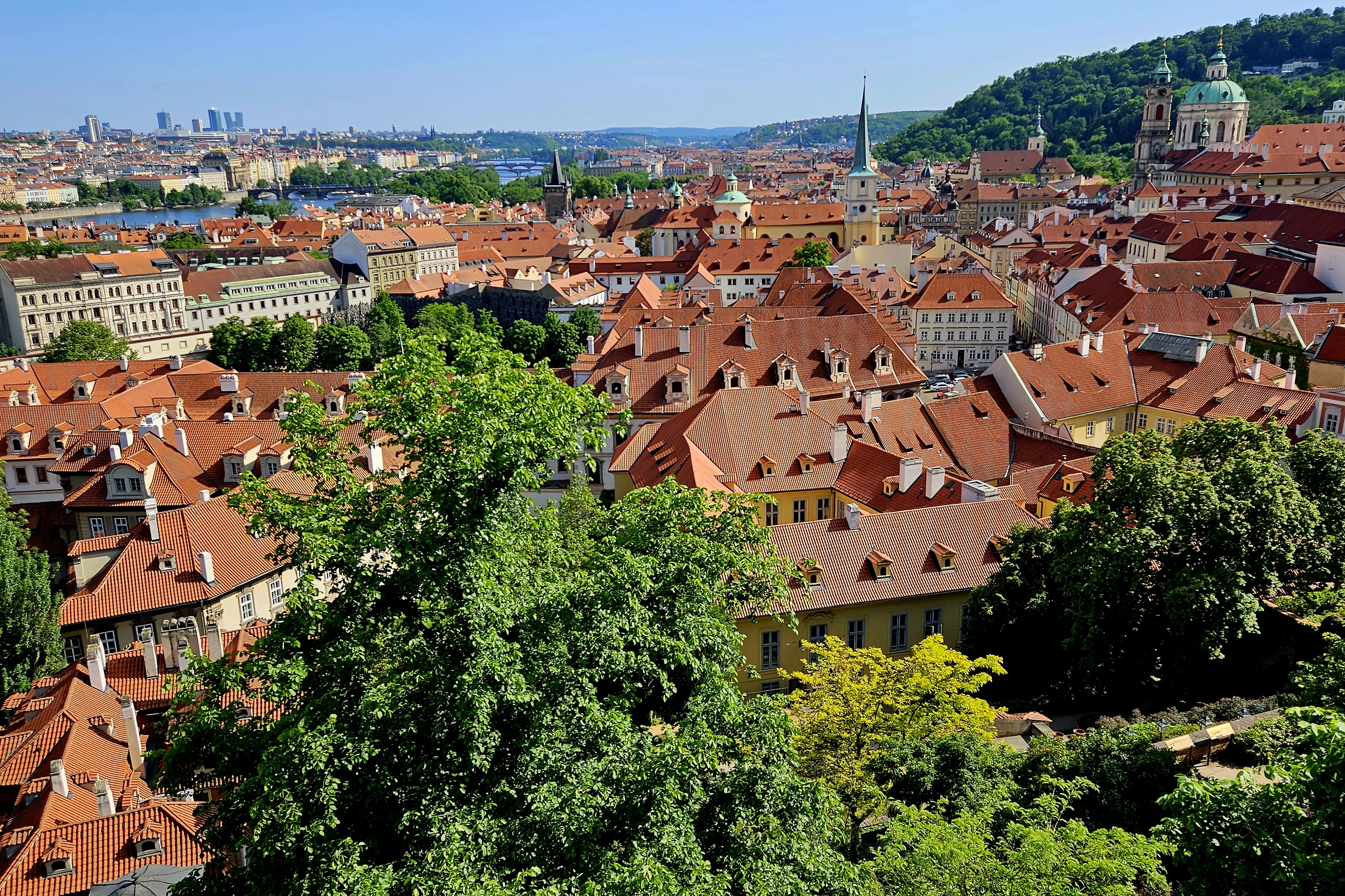I'm finally at Heathrow about 10 minutes from boarding. Whew. I've got loads of photos to go through, and hours of sleep to catch up on. I am ready to be home.
Tonight I'm going to spend as much time as possible on the couch with Cassie. I've got a lot of pats for her.
The billion-pound London rail project called "Crossrail" when it began opened a year ago as the Elizabeth Line. I rode it for the first time to West Ealing last Sunday, and thought it absolutely the slickest, cleanest train in the UK. (I'll ride it again tomorrow thanks to industrial action and construction on the Piccadilly Line.)
British Airways pilot Mark Vanhoenacker takes it every time he comes home from a trip, and loves how it connects the city in all new ways:
Running from Reading and Heathrow Airport in the west to Shenfield and Abbey Wood in the east, the Elizabeth line brings an additional 1.5 million people within 45 minutes of the capital’s busiest districts; eases congestion on older lines; and makes London more accessible to all, as wheelchair users can reach its platforms from street level. As a pilot who commutes to Heathrow — I fly the Boeing 787 for British Airways — I’m often among its 600,000 weekday riders. The line, which runs alongside the Heathrow Express, offers another comfortable way to get to work.
[T]he line empowers travelers to leave behind the familiarities of Zone 1 — the often tourist-clogged core of the city’s transport network — and embark on fast, inexpensive journeys to fascinating outer-London destinations.
On the line’s northeastern branch lies the market town of Romford. Start at the Havering Museum, whose exhibits include a model of the long-gone Havering Palace, where Queen Elizabeth I occasionally stayed. You’ll also learn about Romford’s link to William Kempe, an actor in several of Shakespeare’s original productions, who morris danced around 100 miles from London to Norwich in 1600, and about the weights and measures that once set standards in Romford’s market.
It’s fitting, then, that the first station beyond [the eastern Thames] tunnels is Woolwich, where armaments were manufactured for around three centuries, including by one Henry Shrapnel. Woolwich was also renowned for music — its Royal Artillery Band, Britain’s first formal military band, was organized in 1762 — and for football: Arsenal, based today in Islington and still nicknamed “the Gunners,” was founded here in 1886 as a team for armaments workers.
Between my arrival this afternoon and my departure tomorrow afternoon I'll be in the UK only 23 hours, many of them in my hotel room asleep, so I won't have time to explore the places Vanhoenacker describes. But I have a hunch I'll return to the London before too long.
I took a quick trip to Berchtesgaden, Germany, this afternoon. I think it might be the most beautiful place I've seen in Europe:
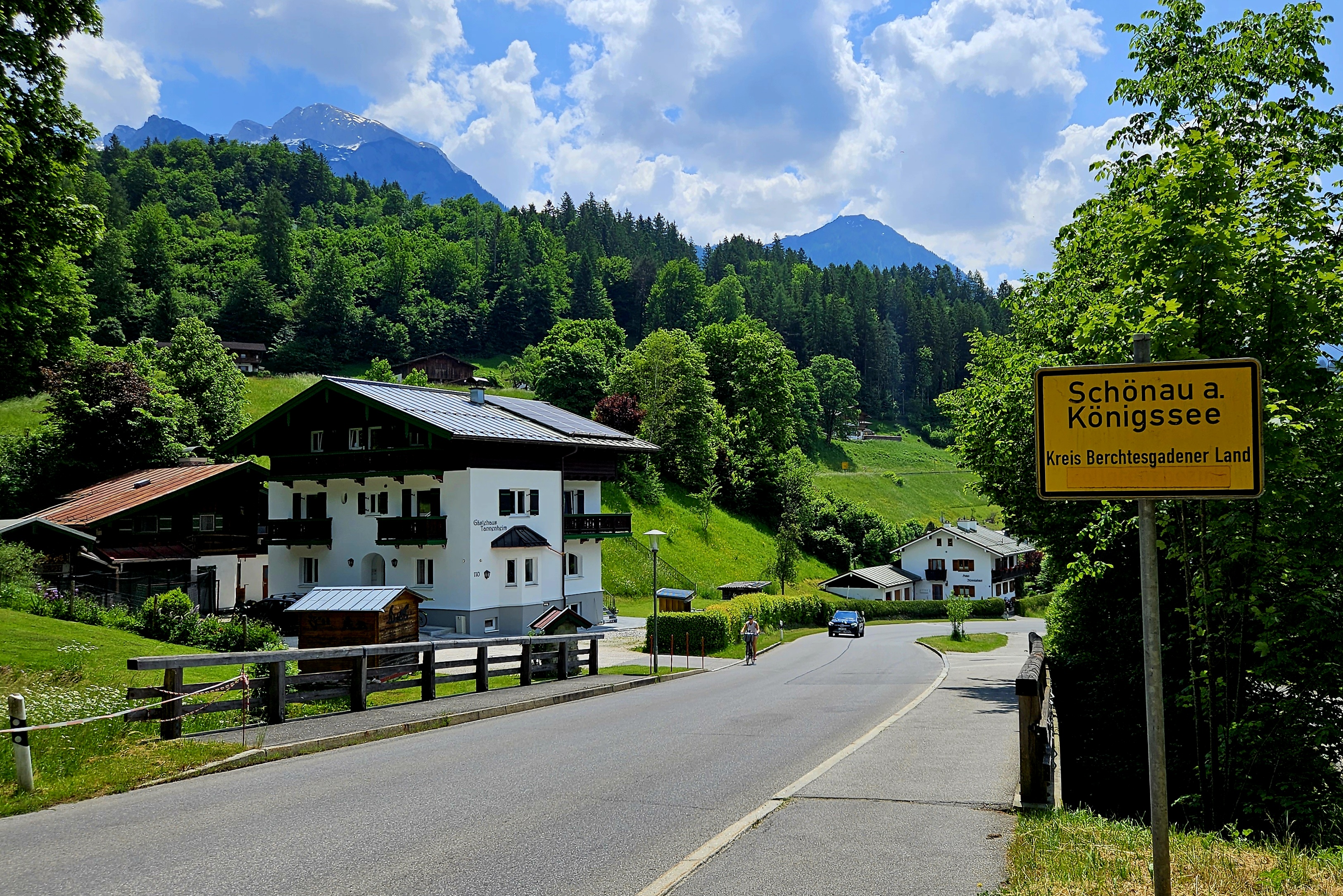
I didn't stay too long, but I did get in a 2½ km walk that included part of a river path:
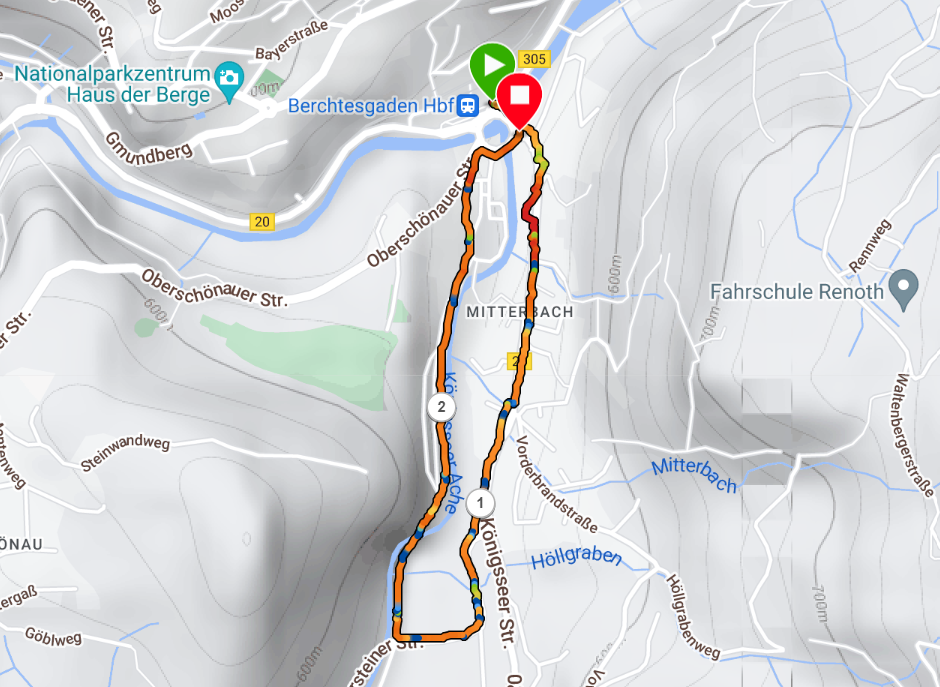
The whole area looks like Bavarian storybook hour:
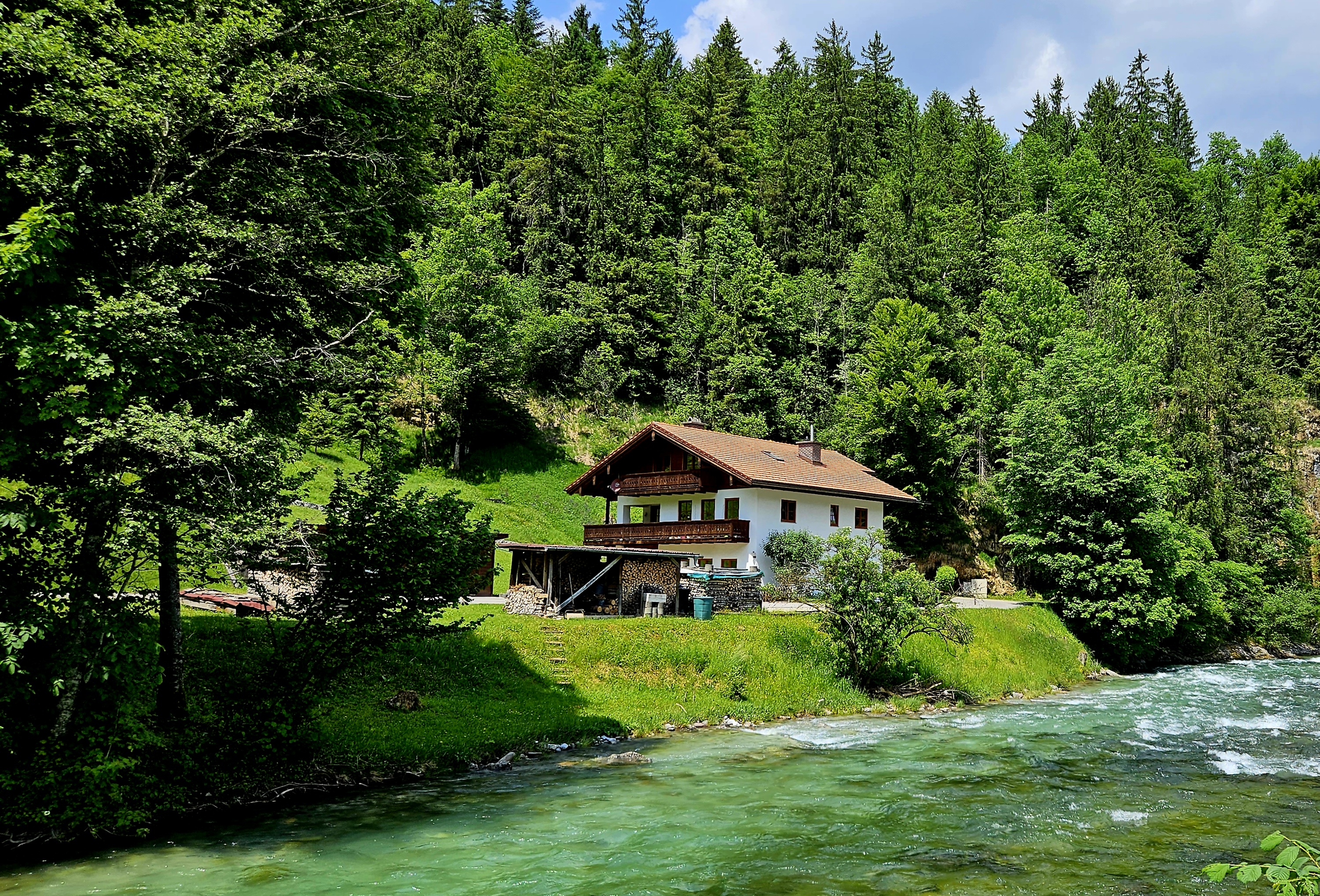
To get there, you take a train from Freilassing, a nondescript town just over the German border from Salzburg. The train meanders through Alpine meadows at a slow but steady pace, passing through this kind of scenery:
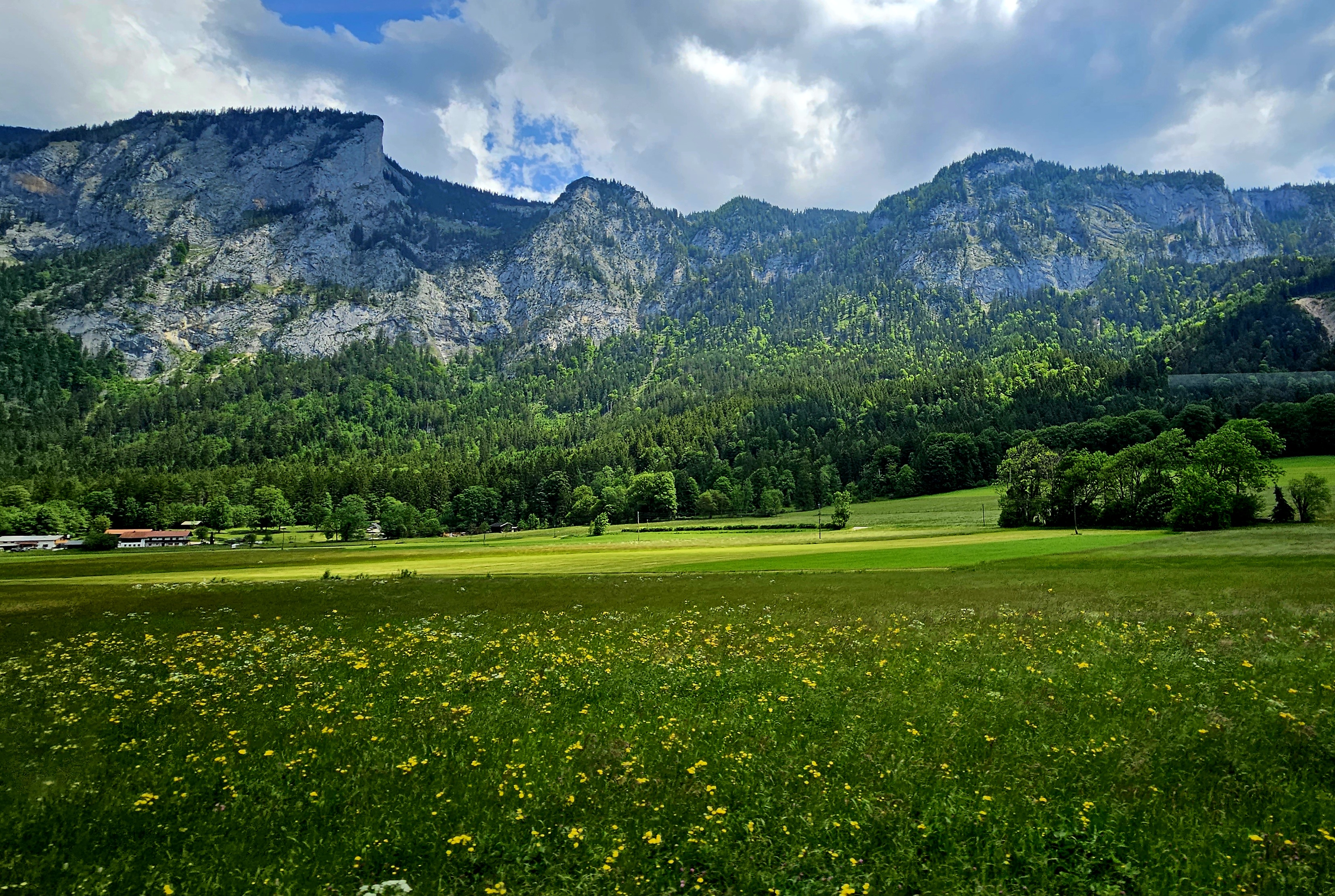
I will pass through again and make sure to stay longer.
I did have a bit of an uncomfortable moment at the border. The German police held the train from Salzburg for a few minutes before letting us off, as four armed officers walked through from end to end. It was at about that moment that I remembered I left my passport in my room safe back in Austria. Turns out, they didn't check passports (both countries are in the Schengen area), but still. I do carry my passport card with me at all times overseas, but that's only proof of citizenship at US land and sea borders—and, crucially, at US consulates and embassies. But I don't believe the Bundespolizei would recognize it as such.
Not that I needed to worry. I just have to be more careful about that. (I did bring my passport book to Bratislava, for instance.)
Wow, do I love European trains. They're fast, clean, and way less expensive than flying. Except they do fly, as my train from Vienna to Salzburg did for part of the trip:
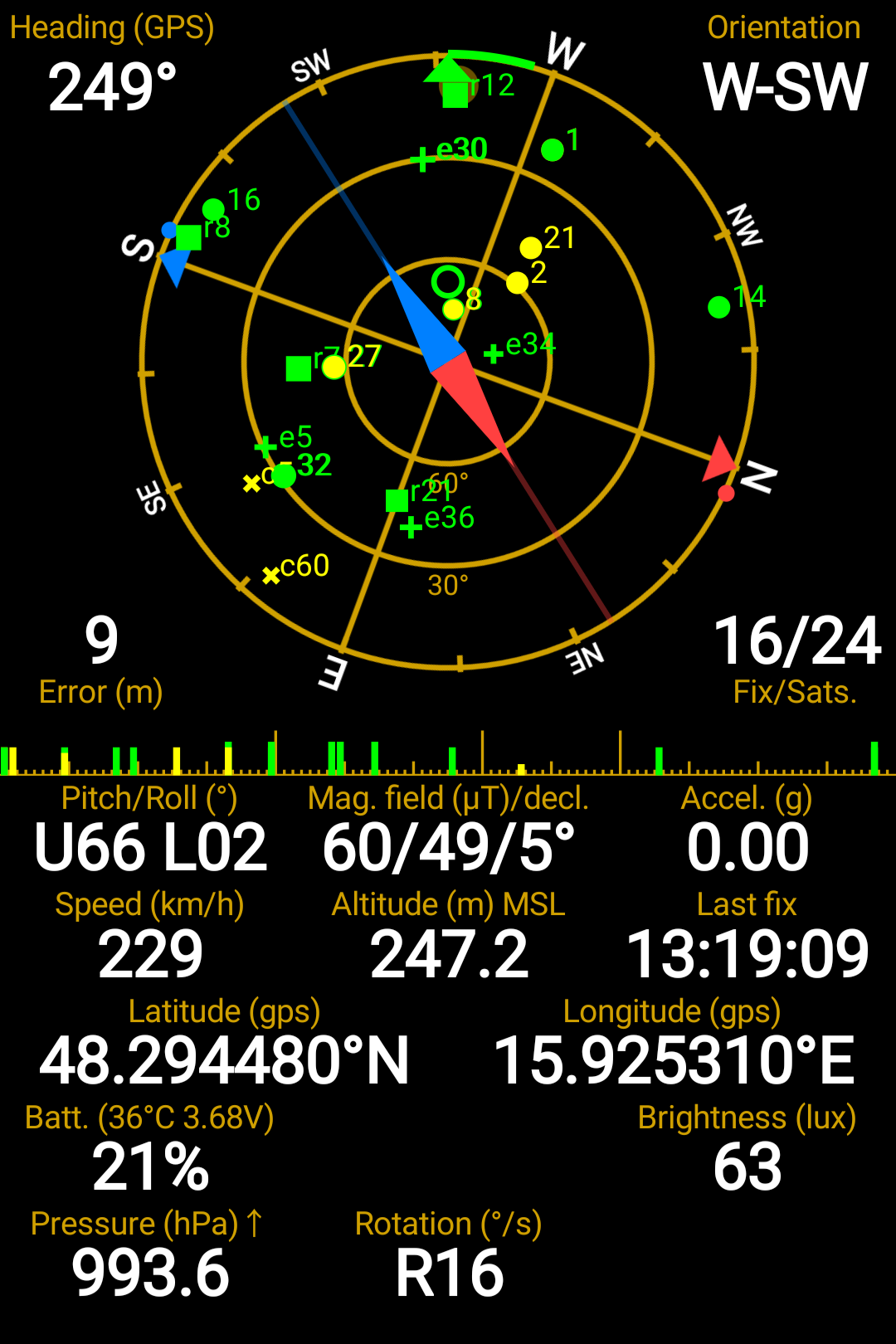
That screen capture from my phone's GPS monitor shows us moving at 229 km/h (143 mph) roughly here.
And then I landed in Salzburg. It's cute. I might even say lovely. But it's tiny—only 150,000 people or so—so it doesn't rise to Prague-like overwheliming beauty.
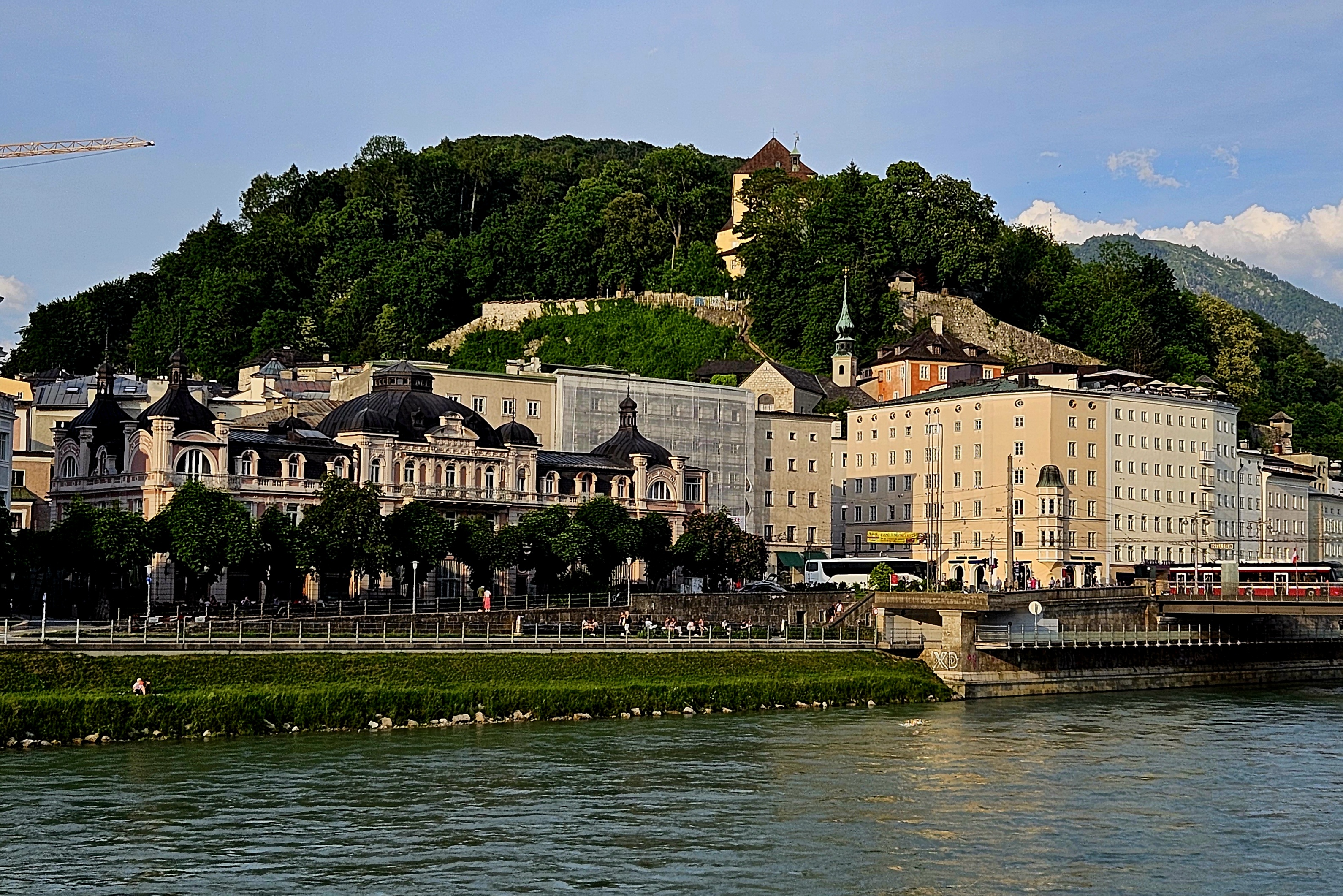
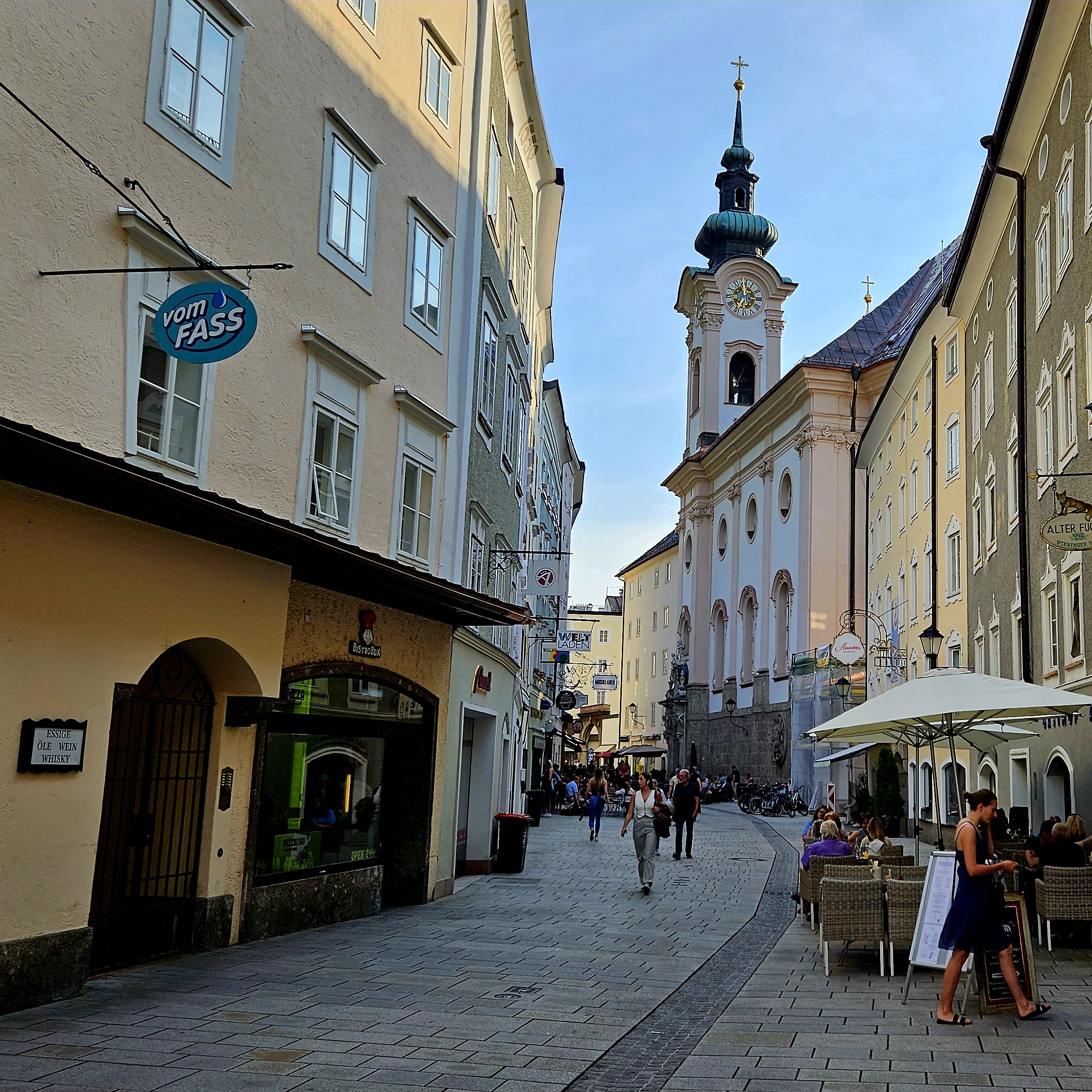
But it's a lot less touristy than I thought. It turns out, Salzburg is a college town more than anything else, with apparently one of the best psychology programs in the German-speaking world, as my bartender told me last night.
Today I popped over to Berchtesgaden, Germany. That post will hit later tonight.
Thanks in part to Conservative Party mismanagement of the UK transport sector for the last 13 years, things have gotten a bit fraught in the Old Country. And now, I get to spend a bit of extra time getting from Gatwick to my hotel on Saturday:
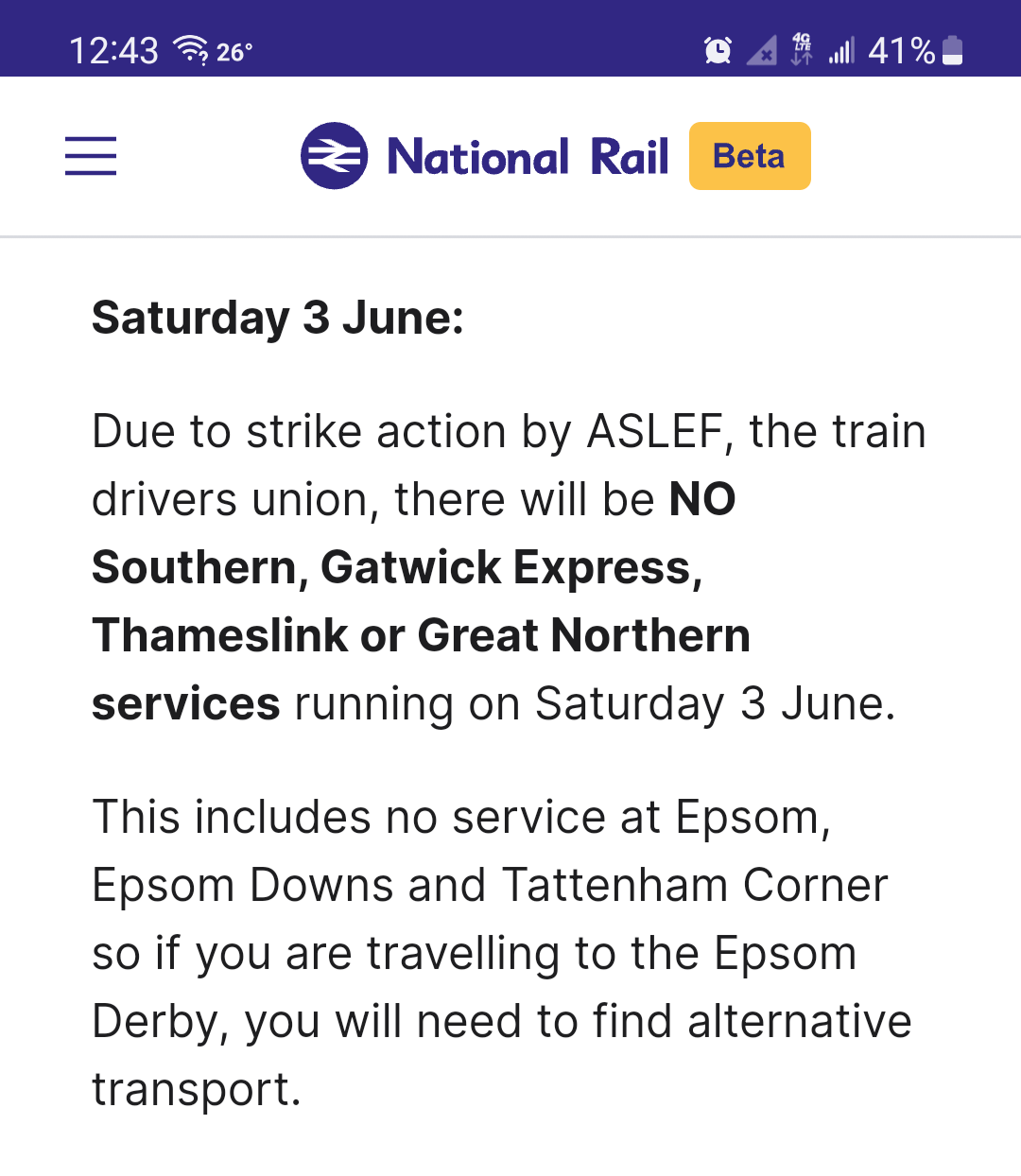
The Gatwick Express takes about 30 minutes from the airport to London Victoria Station. There is no other train option.
Instead, it looks like I can take a cab straight to my hotel for about £90, or a bus to bloody Heathrow and the Elizabeth Line for about £25. The former will take about an hour. The latter about 2 1/2.
So, I'm on vacation. No expense account. No schedule. Should I spend the extra $55? Sigh.
There's a line in The American President, when President Shephard (Michael Douglas) is trying to intimidate lobbyist Sydney Ellen Wade (Annette Benning). He says, "the city planners, when they sat down to design Washington, D.C., their intention was to build a city that would intimidate and humble foreign heads of state? It's true. The White House is the single greatest home-court advantage in the modern world,"
Good thing Aaron Sorkin qualified it with "modern," because this is the summer residence of the Austro-Hungarian Emperors from the 1720s until 1914:
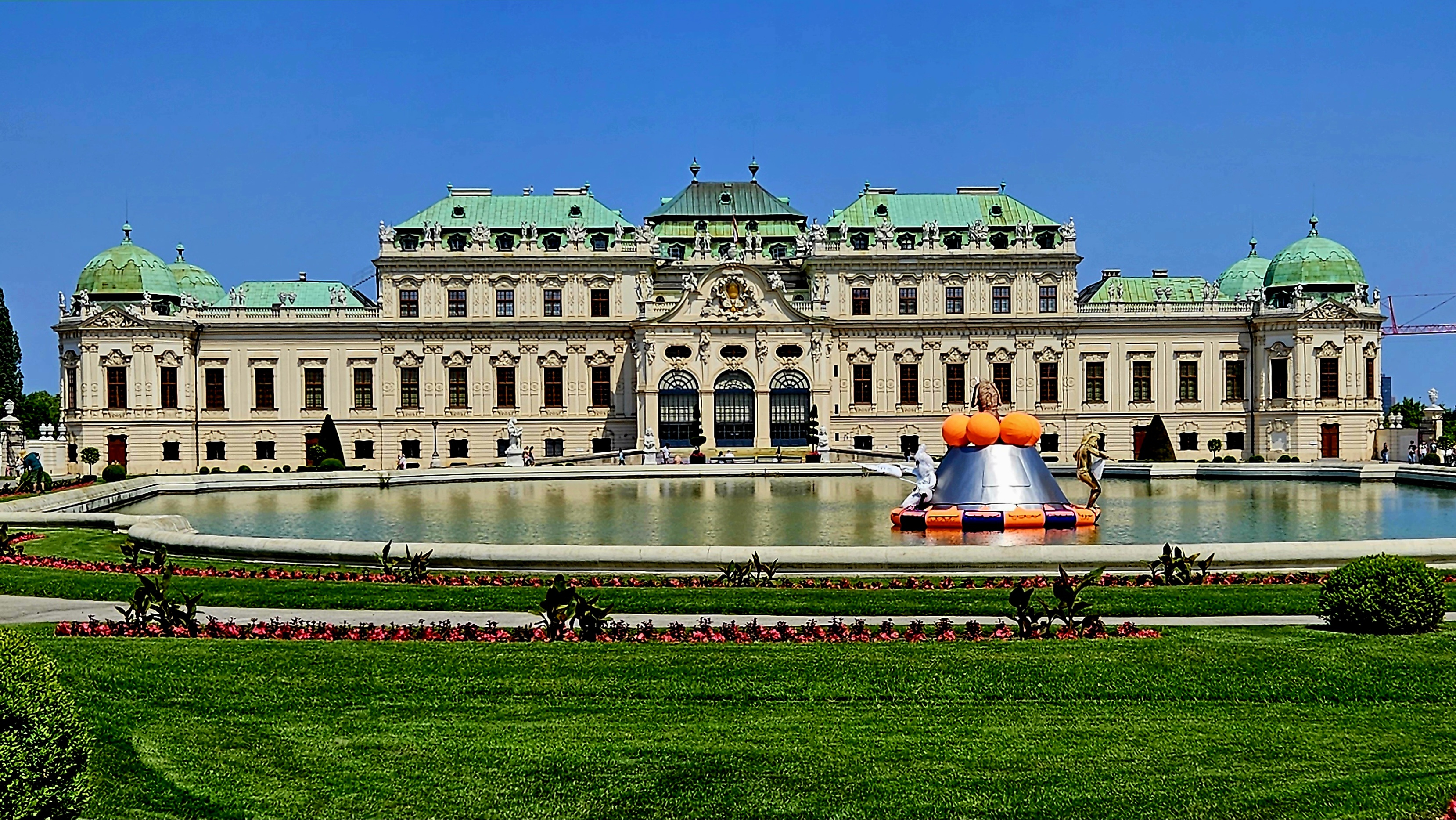
Contrast with this mix of Soviet-era and 19th century architecture just 50 km away in Bratislava:
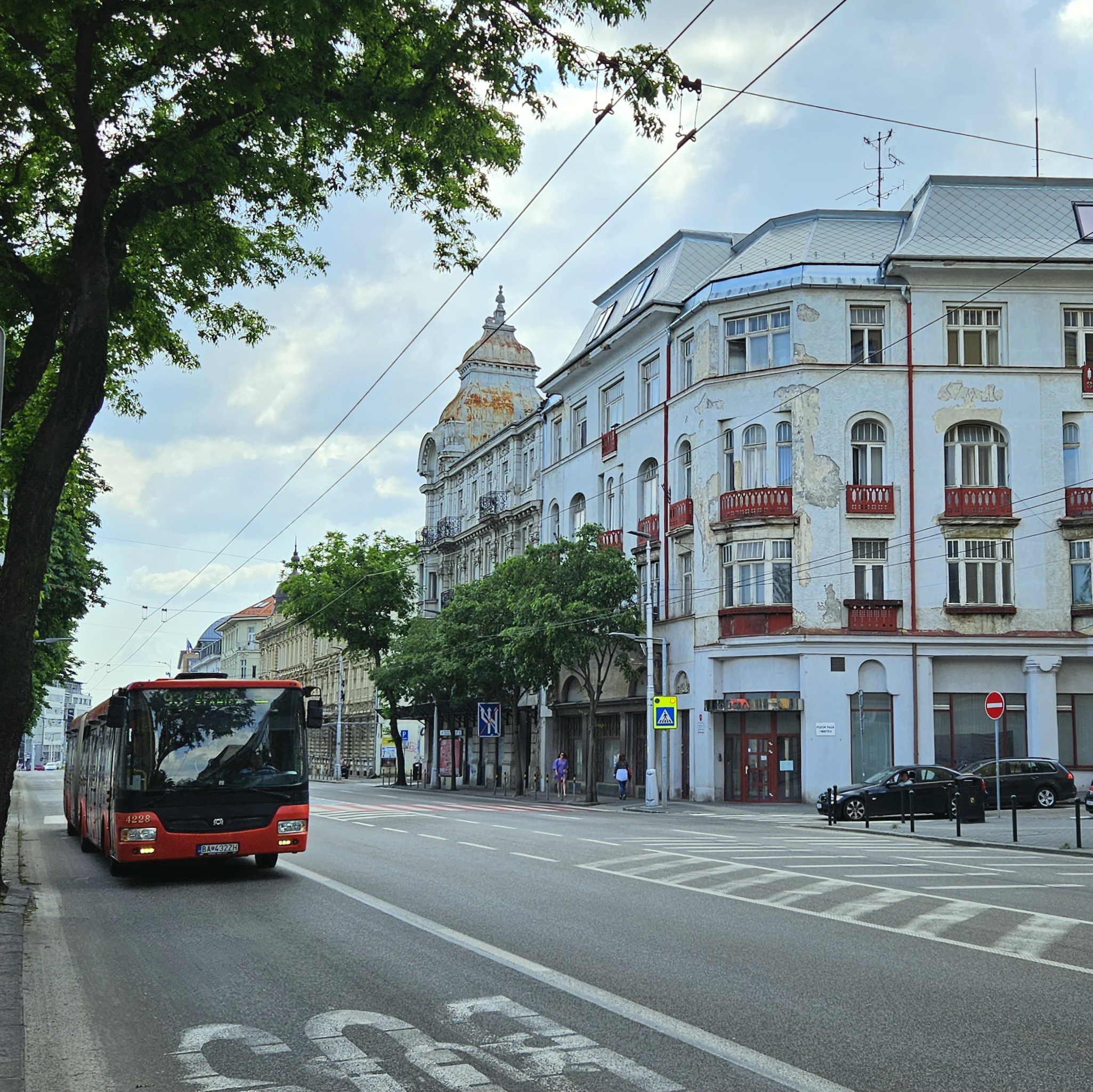
Near the end of my walk earlier, I climbed these stairs to the train station, and it really felt like something out of a Cold War novel:
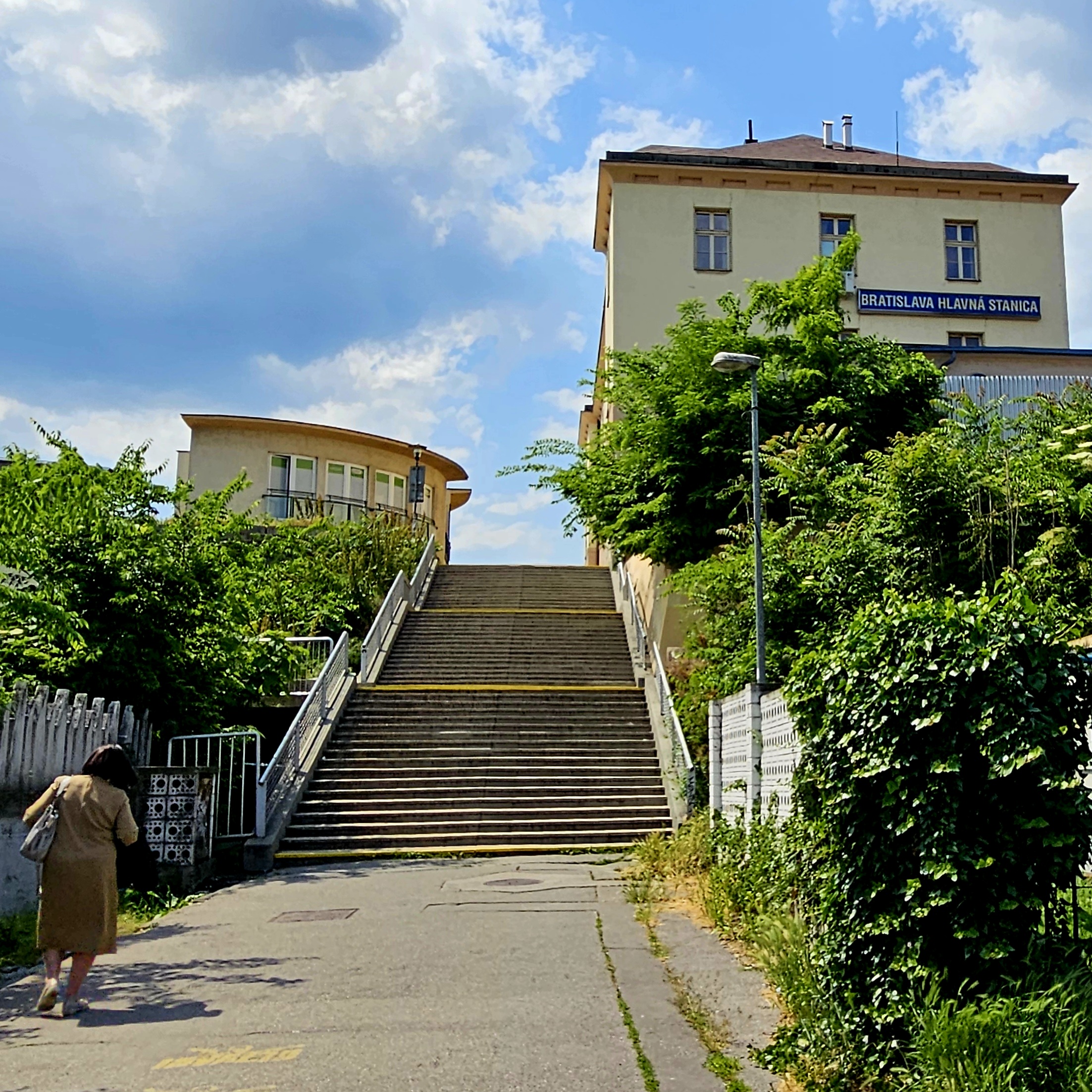
And this cute cafè is exactly halfway between my hotel and the nearest U-Bahn station:
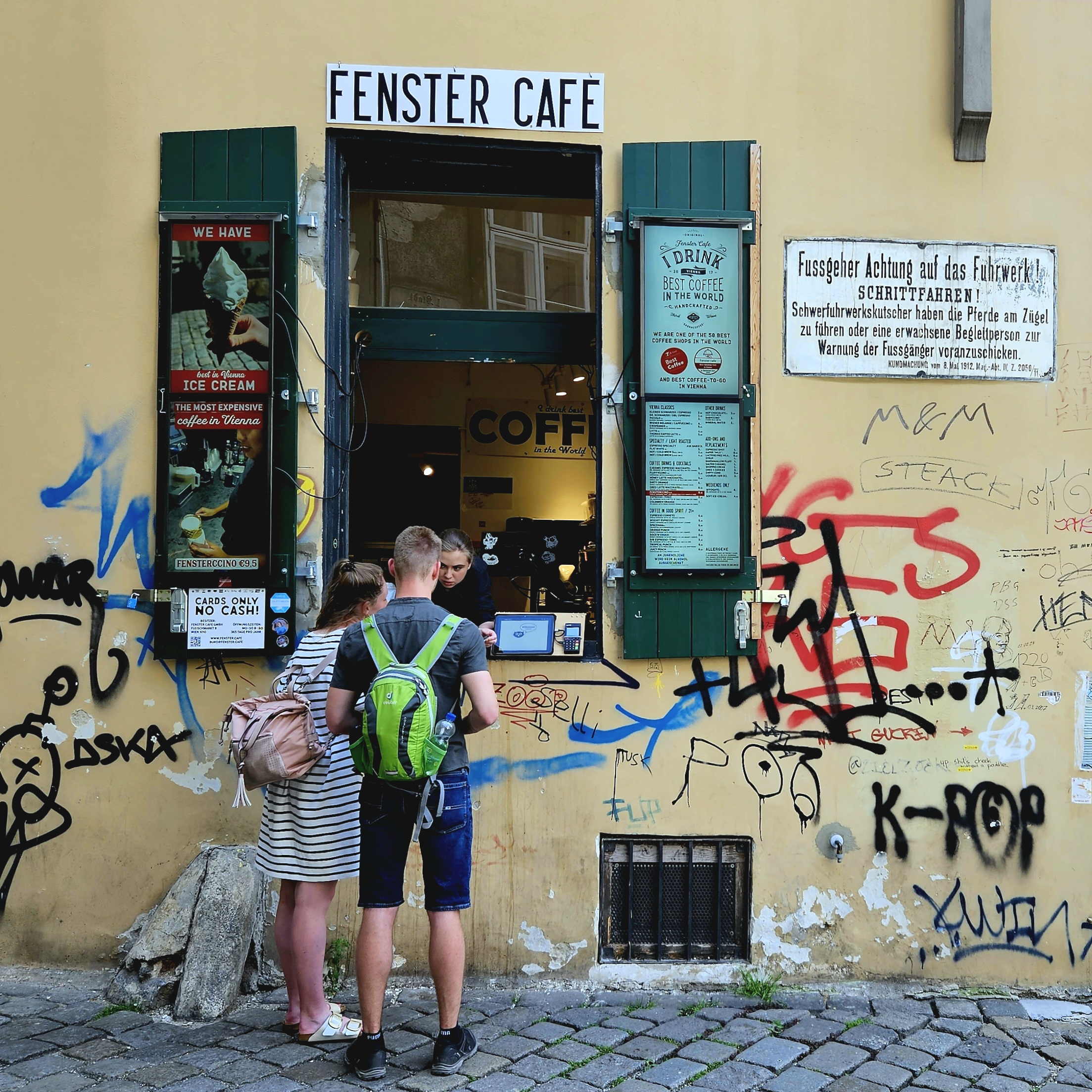
OK, now I really need that shower and nap.
I chose not to poke into Hungary, but I did pop over to Bratislava, Slovakia, and took a quick stroll around the Presidential Palace:
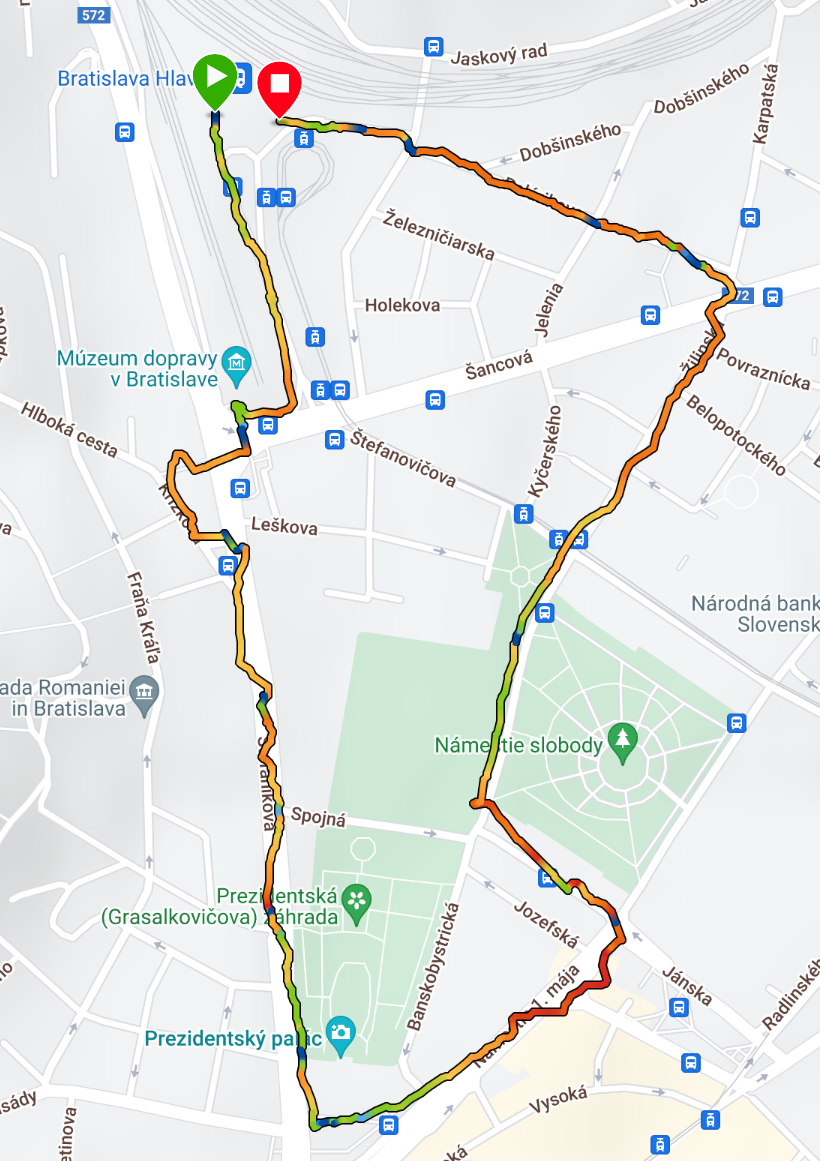
I'll have more photos possibly later today. Since I walked 3.5 km getting to the Vienna train station, I really could use a shower and a nap. Then I'll explore a bit more.
Europe really knows human-scale architecture. I'll have more on that later, but I just love this kind of thing (despite having to lug my bag up the stairs):
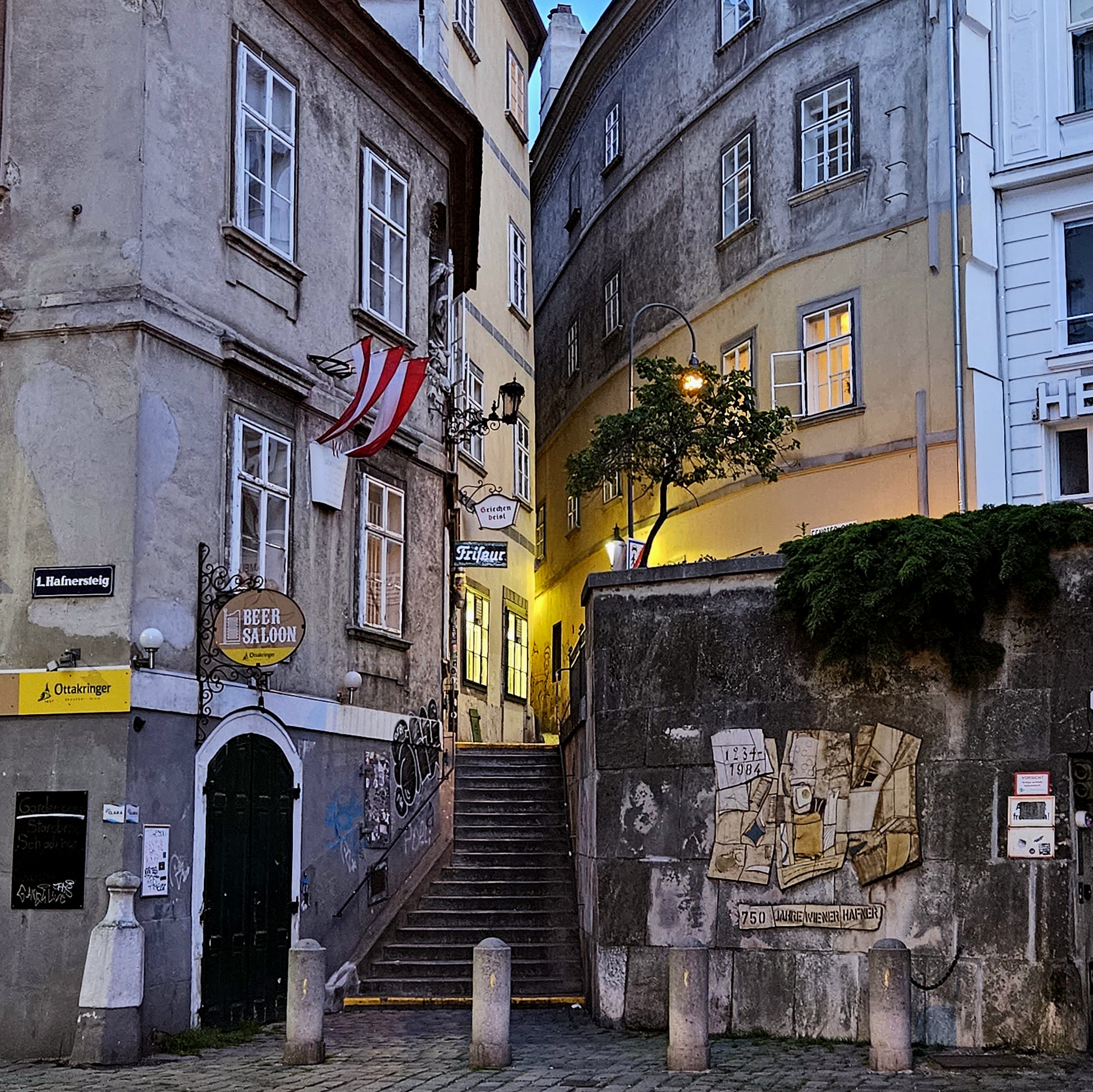
Tomorrow, more exploring, including possibly lunch in Slovakia.
Between check-out and my departure for Vienna I have about 2 hours to kill. I've had my caffeine for the day already, so I'm not hanging out in Wenceslas Square occupying space at a cafe. Instead, I decamped to the park across the street from the train station:
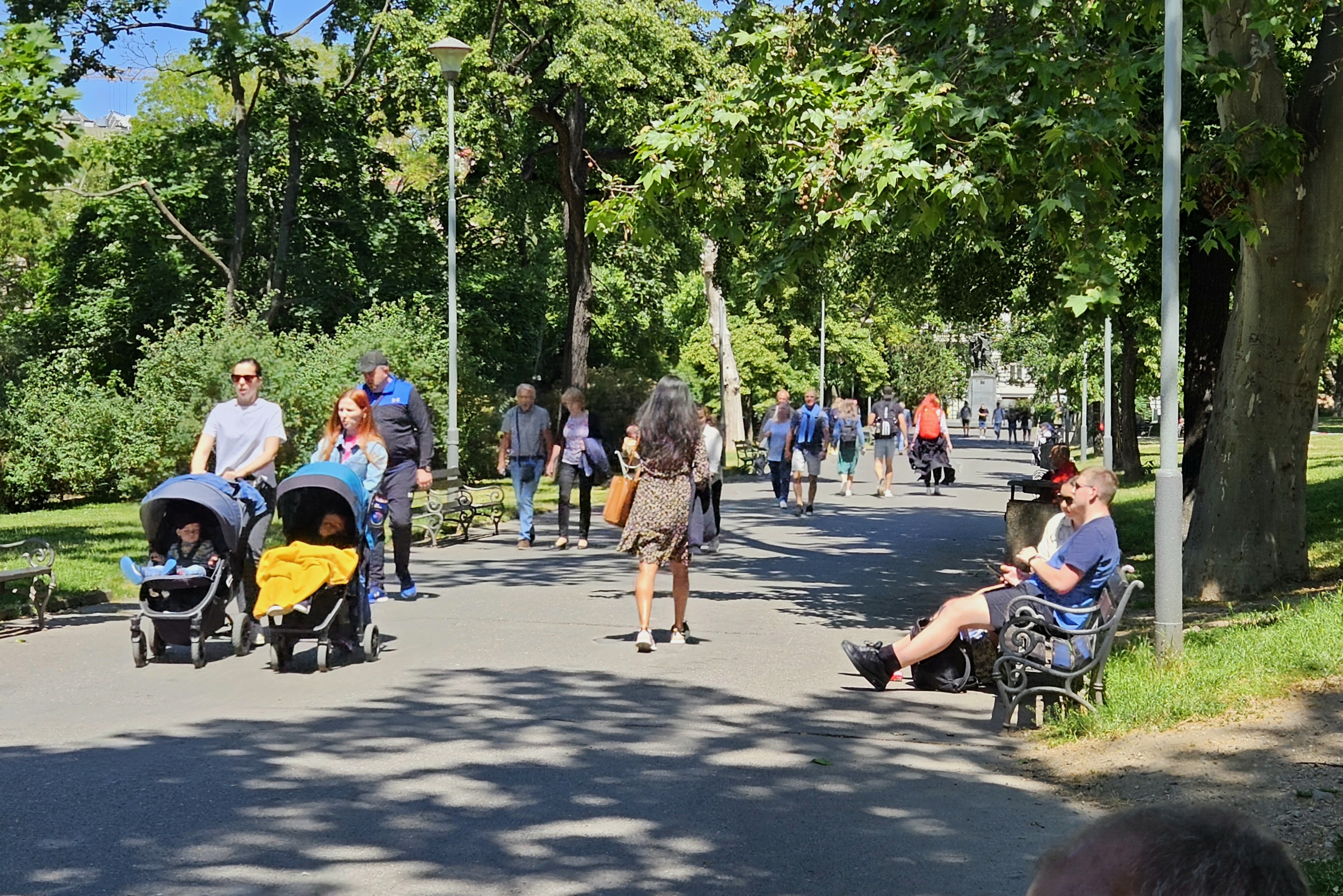
This might actually be the best thing I've done all week. And whether because either Prague has lax leash laws or no one cares about them, several random dogs have said hi today.
I'll be back here soon.
I have discovered the tram network, so I took it to the Royal Gardens and the Castle. (Also, apparently, to the president's residence, but the Czech army dissuaded me from exploring that area.) I wish we had something like this in Chicago, but then again, we don't have anything like this in Chicago either:
